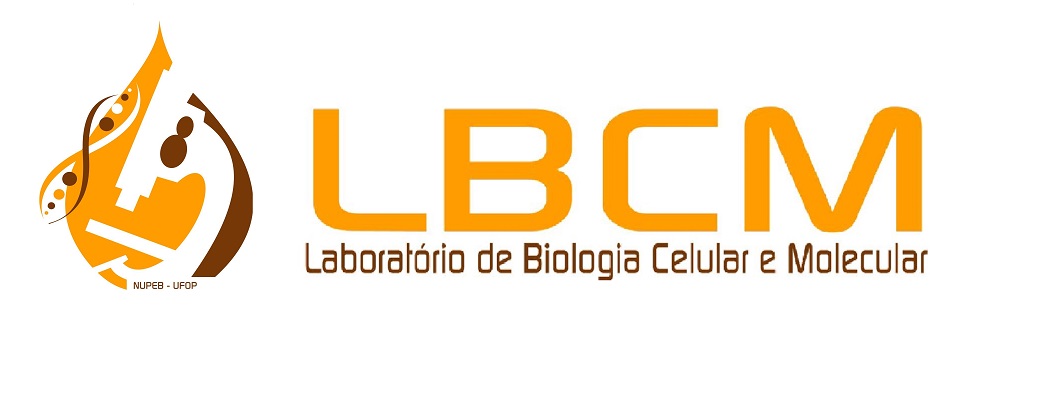Citation:
Abstract:
Purpose
The aim of this study was to investigate the association of rs6598964 (A > G), a molecular marker located in the LIN28A gene, with the performance of Brazilian soccer players using the VO2max predicted by performance in the Yo-Yo test as the phenotype.
Methods
The study sample comprised 227 male players on a team in the first division of Brazilian soccer distributed in the following categories: U15 (n = 67, VO2max = 52.75 ± 4.74 ml/kg/min), U17 (n = 43, VO2max = 54.37 ± 5.47 ml/kg/min), U20 (n = 79, VO2max = 54.97 ± 5.13 ml/kg/min), and Professional (n = 38, VO2max = 55.84 ± 4.37 ml/kg/min). Genotype models (codominance, A-recessive, A-dominant and overdominance models) were tested using Kruskal–Wallis and Mann–Whitney tests with Bonferroni correction for multiple comparisons tests.
Results
Significantly higher predicted VO2max was observed in individuals with the A/A genotype (VO2max = 62.12 ± 3.97 mL/kg/min) compared to both the A/G (53.44 ± 8.88 mL/kg/min) and G/G (52.44 ± 6.11 mL/kg/min) genotypes (p < 0.001). Model comparisons suggested the differences in predicted VO2max were best explained by the A-recessive model.
Conclusion
This study is the first to associate the LIN28A polymorphism with endurance performance in soccer players. However, further studies are needed to confirm the associations described here and to investigate how LIN28A interacts with other genes related to athletic performance.

